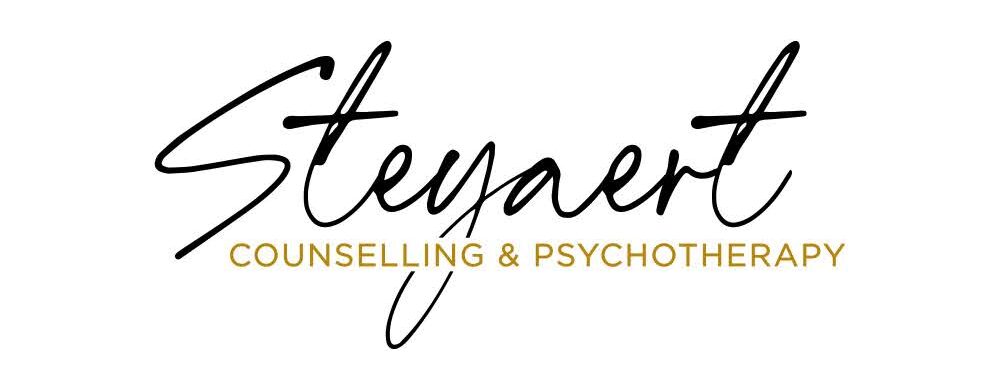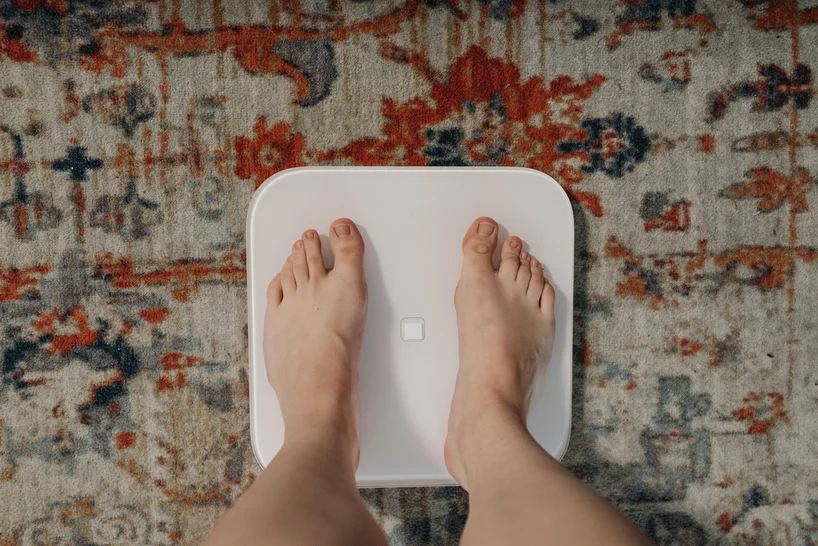Getting help from an eating disorder therapist can be a massive step in your mental health journey. Eating disorders (ED) are intricate mental health conditions with profound physical and emotional implications, marked by irregular eating habits, distorted body image, and an intense fear of weight gain.
Psychotherapy stands out as a primary and highly effective treatment for ED. This article delves into the pivotal role of psychotherapy in addressing eating disorders, elucidating how it aids individuals in attaining holistic healing.
Understanding Eating Disorders
Before delving into the role of psychotherapy in treating ED, it is crucial to grasp the diverse types of eating disorders and their symptoms.
Anorexia Nervosa
Anorexia nervosa involves an intense fear of weight gain, distorted body image, and severe food intake restriction. Individuals may resort to excessive exercise or other methods to control weight, such as purging or using laxatives.
Bulimia Nervosa
Bulimia nervosa manifests as episodes of binge eating followed by purging behaviours like self-induced vomiting or laxative use. Those with bulimia may also engage in excessive exercise and exhibit a distorted body image.
Binge Eating Disorder
Binge eating disorder entails recurrent episodes of excessive eating without subsequent purging. Individuals may experience a loss of control during these episodes, accompanied by feelings of guilt and shame.
The Role of Psychotherapy in Treating Eating Disorders
Psychotherapy, or talk therapy, involves conversations with a trained mental health professional to address psychological issues and facilitate healing. It is widely utilized as the primary treatment for eating disorders, aiding individuals in uncovering the root causes of their disorders and developing healthy coping mechanisms.
Addressing Underlying Psychological Issues
Eating disorders often tie back to underlying psychological concerns like low self-esteem, trauma, or perfectionism. Psychotherapy assists individuals in identifying and addressing these issues, which contribute to the development and persistence of their eating disorders.
Through therapy, individuals gain insights into their thoughts, feelings, and behaviours, learning to cope with them in healthier ways. This results in a reduction of disordered eating behaviours and an enhancement of overall mental health.
Developing Healthy Coping Mechanisms
Individuals with eating disorders frequently employ disordered eating behaviours as coping mechanisms for challenging emotions or situations. Psychotherapy helps them cultivate healthier coping strategies, such as mindfulness techniques, journaling, or confiding in a trusted friend or family member.
By acquiring skills to manage emotions healthily, individuals reduce reliance on disordered eating behaviours, fostering overall well-being.
Improving Body Image
Distorted body image is a common eating disorder symptom and a significant obstacle to recovery. Psychotherapy allows individuals to explore the root causes of negative body image and develop a more positive and realistic perspective of their bodies.
Therapists may employ techniques like cognitive-behavioural therapy (CBT) or body-focused therapy to challenge negative thoughts about the body and cultivate a positive body image.
Types of Psychotherapy for Eating Disorders
Various psychotherapy approaches effectively treat eating disorders, including:
- Cognitive-Behavioural Therapy (CBT): Focused on identifying and changing negative thoughts and behaviours related to food, weight, and body image.
- Family-Based Therapy (FBT): Involves the family in treating eating disorders, particularly effective for adolescents with anorexia nervosa.
- Interpersonal Psychotherapy (IPT): Concentrates on improving interpersonal relationships and addressing social and interpersonal issues contributing to eating disorders.

Achieving Holistic Healing with Psychotherapy
Eating disorders impact physical, emotional, and mental well-being. Thus, holistic healing is essential, addressing all aspects of the disorder.
Psychotherapy aids individuals in tackling underlying psychological issues, cultivating healthy coping mechanisms, and improving overall mental health. This paves the way for a more balanced and fulfilling life, liberated from the constraints of an eating disorder.
Seeking Help for an Eating Disorder
If you or someone you know is grappling with an eating disorder, seeking assistance from an eating disorder therapist such as Hannah or Hailey is crucial. They can offer a proper diagnosis and devise a personalized treatment plan, incorporating psychotherapy, medication, and additional support.
Remember, recovery is attainable, and seeking help is the initial stride toward a healthier and happier life.
Steyaert Counselling’s Approach to Eating Disorders
By understanding eating disorders and their root cause. We can understand why certain behaviours occur in someone with this disorder. Getting a doctor’s help and making a good plan—maybe with medicine, therapy, and lifestyle changes—can help people with EDs live happy lives. Book an appointment with Hannah at our London office or Hailey at our Burlington office today.
Eating Disorder Therapy in London, Ontario
Hannah has worked with dozens of patients experiencing eating disorder symptoms or disordered eating habits. Through this work, she has seen tremendous success with her clients in managing and mitigating their symptoms. Don’t hesitate to contact her office in East London, Ontario, for more information.
Eating Disorder Therapy in Burlington, Ontario
Hailey has also worked with dozens of patients experiencing eating disorder symptoms or disordered eating habits. Through this work, she has also seen incredible success with her clients in managing and mitigating their symptoms. Don’t hesitate to contact her office in East London, Ontario, for more information.
Conclusion
Eating disorders necessitate a comprehensive treatment approach, with psychotherapy often acclaimed as the most effective. By engaging with a trained therapist, individuals can achieve holistic healing, enhancing their overall well-being. Recovery is possible, and the journey toward a healthier, happier life is one taken with support and understanding.
If you have been diagnosed with an eating disorder, unfortunately, Steyaert Counselling is unable to work with you as Hannah and Hailey are not certified ED specialists. However, if you are not diagnosed but are still experiencing ED symptoms, we are happy to help you work through your symptoms.

